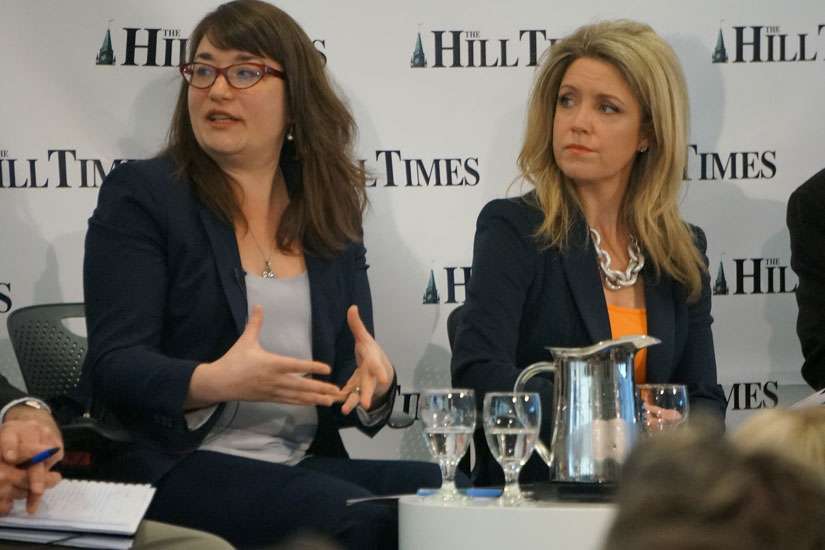In its report, “Agenda for Food Security and Resilience,” the group calls for Canada to reinvest in food security. The report notes Canada launched a food security policy six year ago, but investment has dropped to $346 million in 2014-2015 from a high of $670 million in 2009.
The report identifies threats to food security such as poverty, climate change, gender discrimination, conflict and natural disasters, diversion of farmland for other purposes, food waste and loss and unfair trade. It recommends investing in improving the livelihoods of smallholders, targeting opportunities for women and youth, focusing on nutrition and nutrition-centred agriculture, improving livestock practices, strengthening eco-system resilience in the face of climate change and linking emergency relief and long-term security.
“Indeed, something is very wrong when nearly one billion people are going hungry, and most of those are small family farmers,” said Josianne Gauthier, Development and Peace’s director of in-Canada programs, at an April 21 presentation marking the release of the group’s report. “They work to feed 70 per cent of the world, yet can’t earn a dignified living — and climate change is only adding to their poverty.”
Gauthier joined a panel hosted by broadcaster Catherine Clark, including representatives from CARE Canada, Canada Foodgrains Bank, CropLife Canada and IRDC. Other NGOs included in the group are World Vision, Canadian Feed the Children, OXFAM Canada, the Mennonite Central Committee, the United Church of Canada and the Canadian Red Cross among others.
Gauthier pointed out the ones suffering the impacts of climate change the most are small family farmers facing drought, floods and pressures from agribusiness and unfair trade policies.
“Women are particularly vulnerable, when simply investing in and recognizing their significant contribution could feed up to 150 million more people,” she said.
Gauthier said small family farmers recognize these issues “and are already using practices that produce food that is more sustainable, more reliable, more nutritious and also more climate friendly.” Seed saving and exchanging is one traditional method that maintains biodiversity and creates natural resilience, she said.
Gauthier noted how Pope Francis’ encyclical on the environment, Laudato Si’, “reminds how all is interconnected, how there is but one crisis which is both environmental and social, and that the cry of the Earth is also the cry of the poor.”
“But most of all he reminds us of our moral, human responsibility towards one another and the Earth, and speaks with hope about finding the solutions together,” she said.


